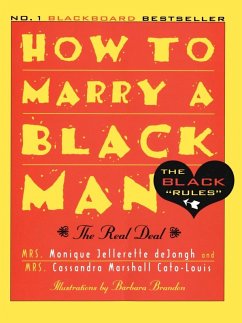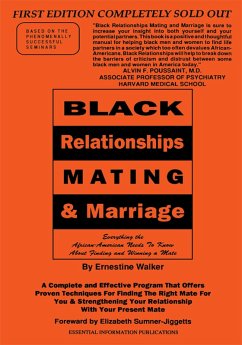
Why Marry? (eBook, ePUB)
Versandkostenfrei!
Sofort per Download lieferbar
0,49 €
inkl. MwSt.
Weitere Ausgaben:

PAYBACK Punkte
0 °P sammeln!
Jesse Lynch Williams' "Why Marry?" is a trailblazing exploration of the complexities of love, marriage, and societal expectations in early 20th-century America. Written with sharp wit and keen observance, the play employs a blend of comedic and earnest dialogue to delve into its multi-faceted characters' struggles with romance and commitment. Situated within the context of a burgeoning modernity that questioned traditional roles, Williams uses a domestic setting to expose the contradictions and joys of marital life, steering the audience toward critical reflections on gender norms and individu...
Jesse Lynch Williams' "Why Marry?" is a trailblazing exploration of the complexities of love, marriage, and societal expectations in early 20th-century America. Written with sharp wit and keen observance, the play employs a blend of comedic and earnest dialogue to delve into its multi-faceted characters' struggles with romance and commitment. Situated within the context of a burgeoning modernity that questioned traditional roles, Williams uses a domestic setting to expose the contradictions and joys of marital life, steering the audience toward critical reflections on gender norms and individual desires. Williams, an influential voice in the American theater, was a figure shaped by the transformative social landscape of his time. His experiences as a playwright and observer of human nature enabled him to highlight the dissonance between societal pressure and personal happiness. As an advocate for progressive themes, Williams sought to challenge the status quo, making him a vital contributor to the conversations surrounding marriage, fidelity, and personal agency during an era of significant change. "Why Marry?" is a compelling read for anyone interested in the intersections of love, faith, and societal roles. Its innovative approach to the subject matter makes it an essential text for scholars of literature and social history alike. Through its engaging characters and thought-provoking themes, this play invites readers to reconsider their own beliefs about marriage and love.
Dieser Download kann aus rechtlichen Gründen nur mit Rechnungsadresse in A, B, BG, CY, CZ, D, DK, EW, E, FIN, F, GR, H, IRL, I, LT, L, LR, M, NL, PL, P, R, S, SLO, SK ausgeliefert werden.













